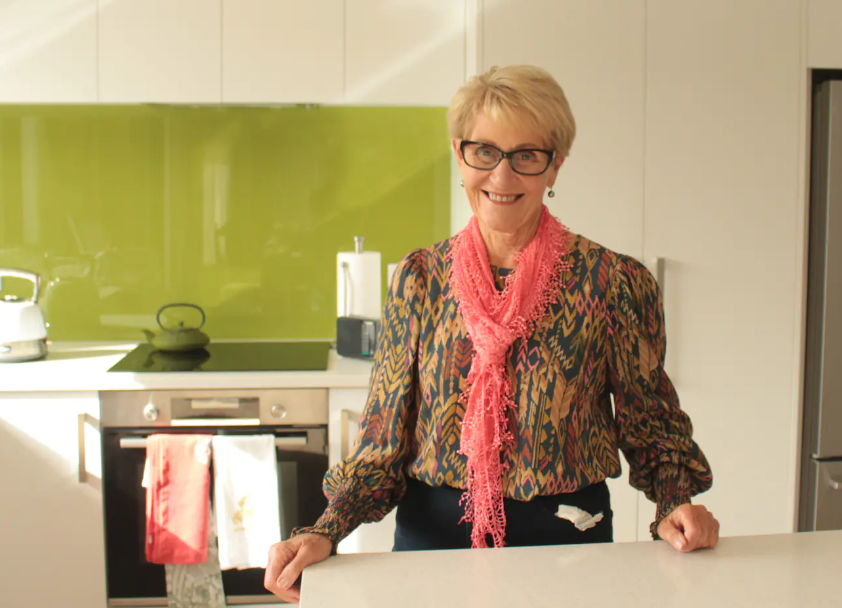MEMBERS OF THE New Zealand Order of Merit:
• Maureen Morris — services to nursing
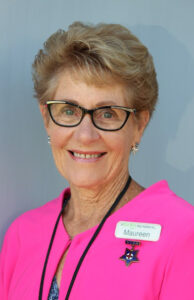
Maureen Morris was a specialist oncology nurse, who began an extensive nursing career in 1966. She helped develop cancer services and furthered the professional development of cancer nurses. What she is most proud of is making a difference to the lives of cancer patients and their whānau.
One of the highlights of her career was being the charge nurse manager of Auckland City Hospital’s oncology unit from 2002 to 2007. During this time the whole ward had to be packed up and shifted to a new hospital site.
More recently, she was Northland’s colorectal cancer nurse specialist, walking patients and their whānau through the journey from investigations, through surgery, chemotherapy and recovery.
She was a foundation member of the Jim Carney Cancer Treatment Centre at Whangārei Hospital, which opened in 2014, providing a centre for cancer treatment for Northland patients so they didn’t have to travel to Auckland.
Morris was heavily involved with the development of NZNO’s cancer nurses section and the cancer nurses knowledge and skill framework. She received NZNO’s cancer nursing innovation and excellence award in 2013.
As a volunteer, she has also been involved with organisations devoted to the support of cancer patients and their families, palliative care and those dealing with loss and grief. These have included the Northland Hospice Society, the Breast Cancer Support Service, the Child Cancer Foundation, the National Association for Loss and Grief, and Blind Low Vision New Zealand.
She retired from nursing at the end of last year.
• Louise Rummel — services to nursing education
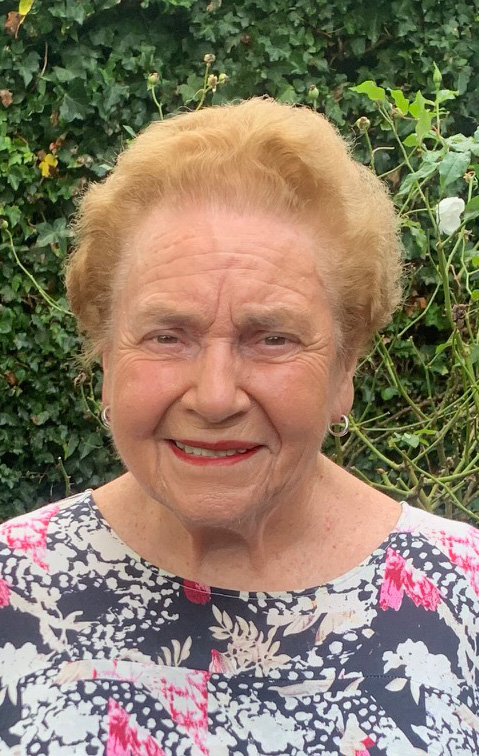
Louise Rummel has contributed to nursing as a clinician and educator for more than six decades. For the last 40 years she has taught nursing at the Manukau Institute of Technology (MIT).
After her initial nursing training at Wellington Hospital, she worked in a range of clinical fields, including medical, gynaecological, and plastic surgery, and also worked as a public health nurse. She set up and ran, between 1962 and 1967, the first occupational health clinic for New Zealand Railway workers at the railway workshop in Whanganui — 500 men worked onsite, along with 500 further outlying staff.
After joining the staff of the MIT School of Nursing in 1984, her first role was as a clinical tutor at Middlemore Hospital. Her roles ranged from tutor through to deputy head of department and principal lecturer. She completed her PhD in nursing in 2001 and held the first research academic lead position at the nursing school.
Rummel was the catalyst for MIT’s transition from its nursing diploma programme to a bachelor of nursing degree, and went on to establish undergraduate research papers for MIT nursing students. She was lead author of the book What Jan Began (published in 2015), a history of MIT’s department of nursing and health studies.
An honorary member of NZNO since 2004, she has contributed articles to Kaitiaki Nursing New Zealand, and has served as a reviewer for both this publication and Kaitiaki Nursing Research. She previously served on NZNO’s nursing and midwifery advisory committee and as secretary of the nursing research section.
Rummel was the lead investigator of the most recent tranche of the longitudinal nursing oral history project, completed in 2023.
Of being honoured, she said: “It’s very humbling – I consider myself a very ordinary person who has learnt from the greats in the nursing profession.”
• Amohaere Tangitu — services to Māori health
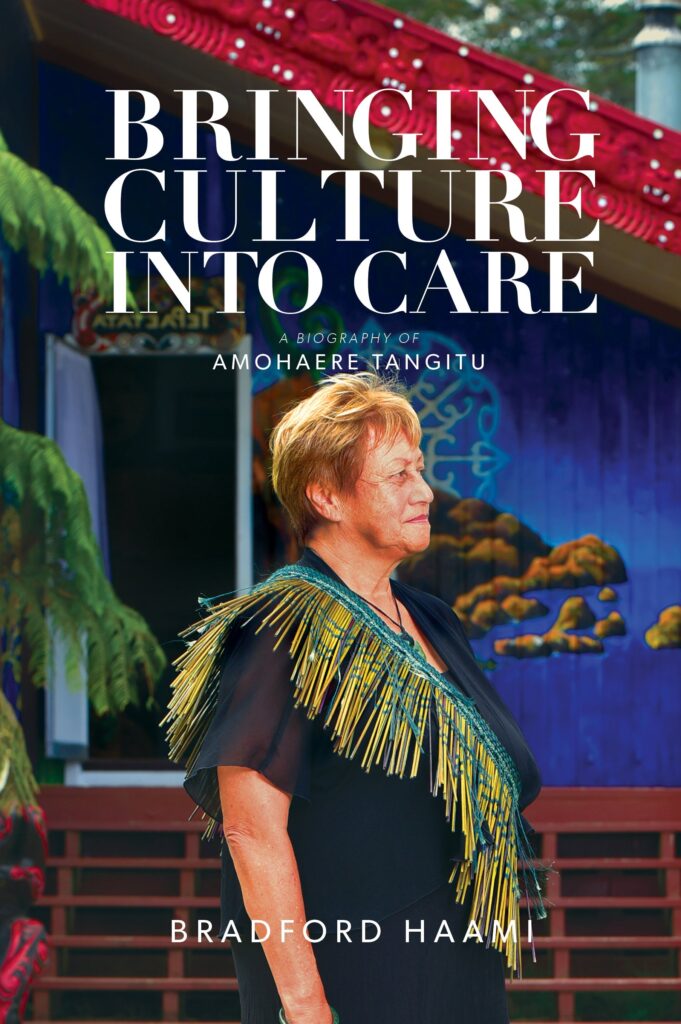 Amohaere Tangitu (Ngāti Awa, Te Arawa, Ngāi Te Rangi, Ngāti Ranginui, Ngāti Maniapoto) spent 36 years of her career in the health sector advocating for cultural awareness and safety.
Amohaere Tangitu (Ngāti Awa, Te Arawa, Ngāi Te Rangi, Ngāti Ranginui, Ngāti Maniapoto) spent 36 years of her career in the health sector advocating for cultural awareness and safety.
Tangitu was the bicultural parent liaison officer at Princess Mary Hospital (Auckland’s children’s hospital before Starship Hospital was established), fostering relationships with kaumātua in Auckland through the establishment of Te Kāhui Kaumātua Council.
In 1989, she became manager of Māori health at Princess Mary, and helped establish the hospital’s whānau house for families to stay in, and was involved in the planning and design of Starship Hospital.
She was a member of the national body of Whānau Āwhina Plunket from 2015 to 2021 and provided advice as a cultural consultant to New Zealand Red Cross and Alzheimer’s New Zealand.
In 1994 she became the iwi consultant at Rotorua Hospital where she implemented cultural processes alongside hospital treatments. In 1999 she became senior manager Māori health for the Bay of Plenty District Health Board where she formed the Māori health rūnanga, representing 18 Māori tribes across the region within one forum.
Tangitu was the director of Regional Māori Health Services from 2010, following the amalgamation of Te Whānau o Irakewa and Te Puna Hauora, providing health services for 22 tribes across the region, until retirement in 2018.
• Jane Cartwright — services to health governance
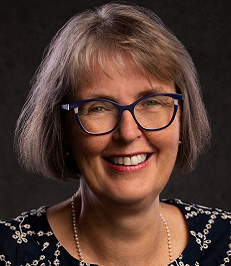
Jane Cartwright has served Canterbury for many years as a leader of health, disability and education organisations — in both paid and unpaid roles — prioritising people on the margins who find it difficult to access health services.
She has worked for non-governmental organisations, district health boards, primary health organisations and local government.
While general manager for Healthlink South crown health enterprise in the 1990s, she oversaw the closure of Sunnyside Hospital and opening of Hillmorton Hospital, providing specialist psychiatric/mental health services.
She oversaw the 1999 closure of Templeton Hospital, and the movement of residents into the community or into Brackenridge Estate. As board chair of Brackenridge Services from 2013, she has led significant improvement in services for people with intellectual disabilities.
As a director of Christchurch Polytechnic Institute of Technology/Ara Institute of Canterbury, she was actively involved in the rebuild following the Canterbury earthquakes and lifting Māori and Pacific student enrolment.
Cartwright is a registered dietitian and holds an MBA from the University of Otago.
• Liz Greive — services to child poverty reduction
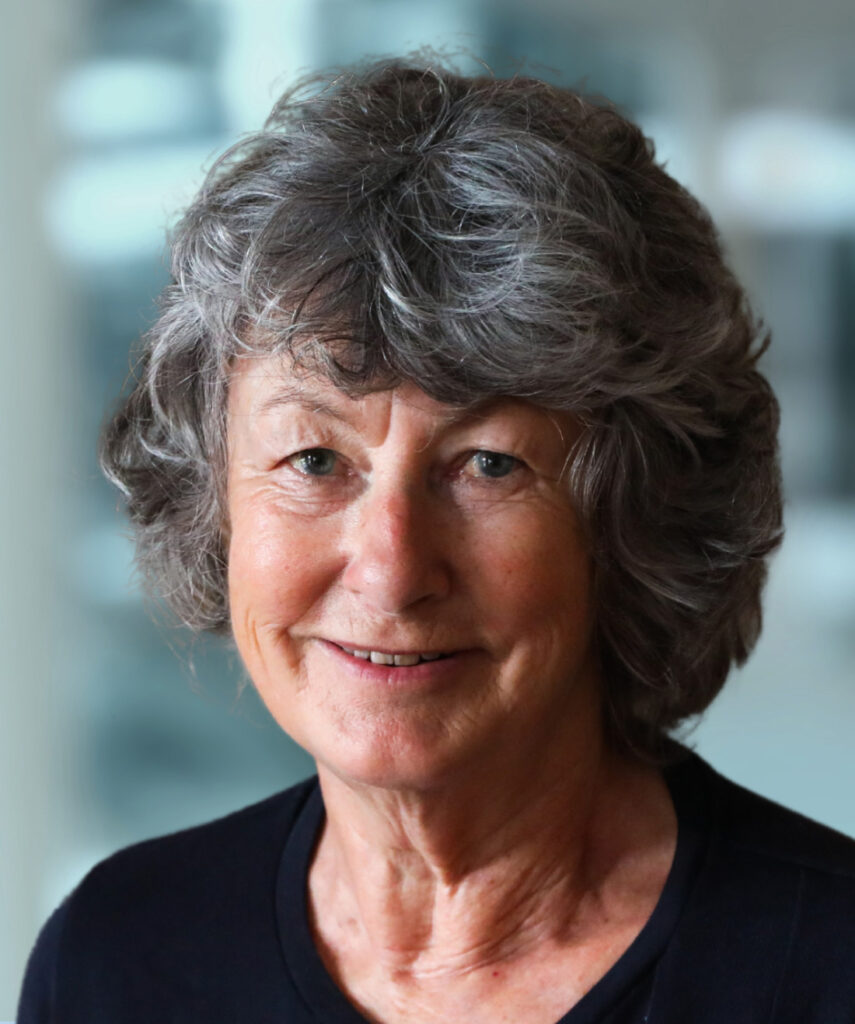
Liz Greive is founder of Share My Super, a charity she set up in 2020 to help wealthy New Zealanders donate their surplus superannuation to causes focused on alleviating child poverty.
She has helped hundreds of superannuitants to donate almost $2 million to 11 organisations, including Women’s Refuge, First Foundation, Child Poverty Action Group, Te Pā and Kids Can, among others.
Greive funds the operational costs of the organisation, which means all donations are distributed to the 11 organisations. She has also used Share My Super to promote events and community gatherings, which encourages collaboration between these charities.
She has endowed a foundation that will fund Share My Super’s operations in perpetuity.
• Sally Walker — services to health advocacy
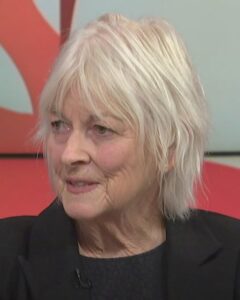
Sally Walker’s advocacy on behalf of women injured by surgical mesh, used to treat stress urinary incontinence, was so effective it lead to a pause in its use.
Walker was among many women who suffered significant injuries from surgical mesh.
In 2022, she started a petition calling for the suspension of the surgical mesh procedure for stress urinary incontinence. Her advocacy helped lead to the 2023 announcement that mesh surgeries in New Zealand would be paused because of safety concerns, allowing steps to be put in place to reduce harms linked to the procedure.
Walker influenced health professionals, government entities, and nongovernmental organisations to prioritise patient safety and wellbeing. Through sharing her personal journey, she has also helped others avoid similar complications.
She voluntarily manages a health and disability support network, supporting more than 110 women who have faced similar health challenges, as well as managing ACC support for those who have suffered mesh injuries. She was appointed as a consumer advisor to the New Zealand female pelvic mesh service by Te Whatu Ora in February 2024.



